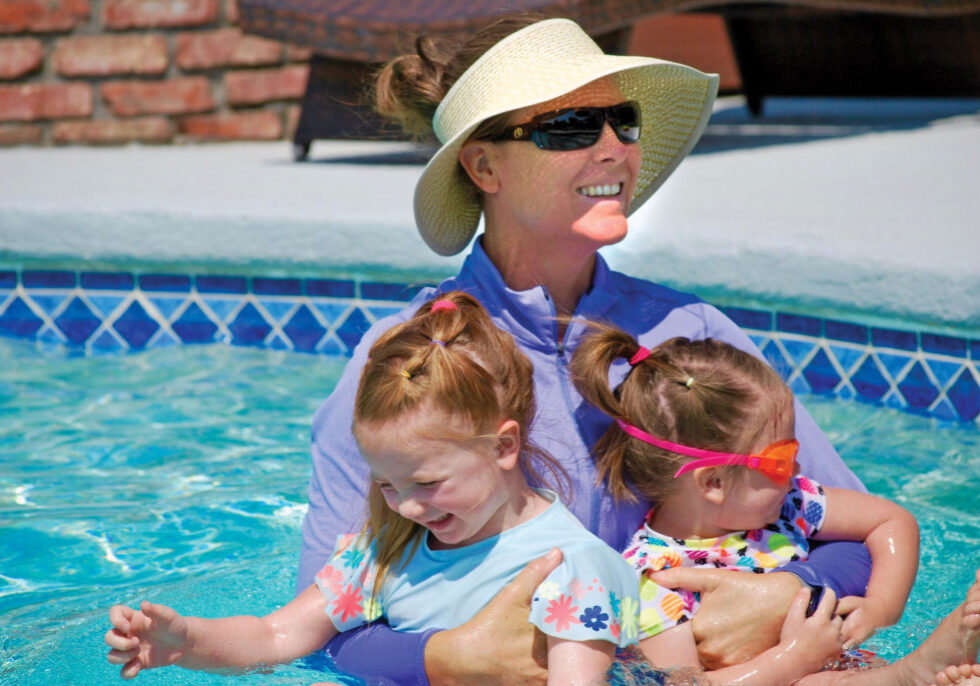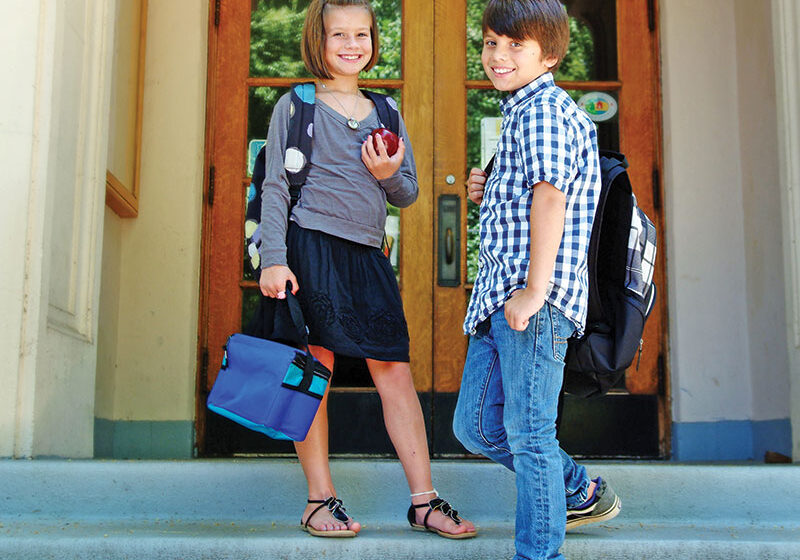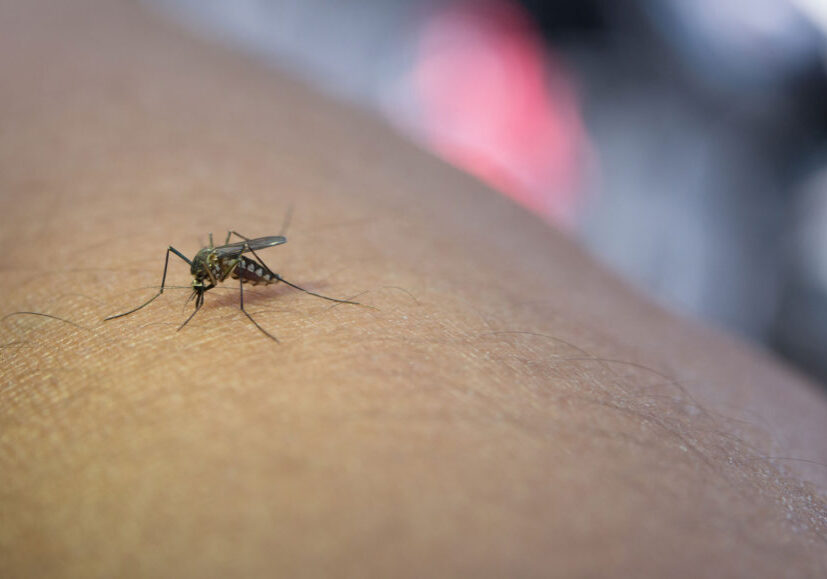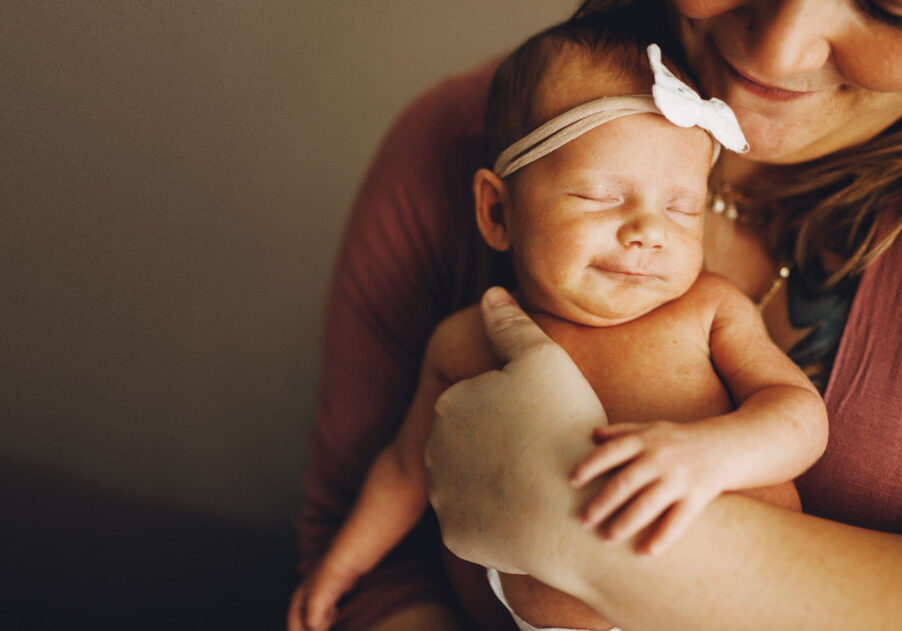I am a true believer in finding out our personality type so that we can go through life being more self-aware and appreciate why we approach the world in the way we do. Right after college, I took the Myers-Briggs Type Indicator (MBTI) personality test with the guidance of a friend who was officially trained in administering the test. Twenty years later, I still refer to the description of my personality type on occasion. It has helped me to better understand my feelings, relationships, and perspective about what is happening around me.
And by knowing what my strengths and weaknesses are, it helps me to be a more effective and loving parent to my children, who certainly do not have the same personality type as me!
Meyers-Briggs and personality type
In case you aren’t familiar with Myers-Briggs, it was developed in the 1950s by Katherine Cook Briggs and her daughter, Isabel Briggs Myers, to help men and women find jobs after World War II. Since that time, a large body of research has shown that personality type is a key predictor for which careers people choose and succeed at.
Four main personality characteristics
Extroversion (E) and Introversion (I) — Extroverts are energized by being around people, while introverts usually need time alone to recharge after socializing.
Sensing (S) and Intuition (N) — People who are sensing like to work with facts and their physical reality. People who are more intuitive work more with meanings and impressions.
Thinking (T) and Feeling (F) — Thinkers value fairness, while feelers value compassion.
Judging (J) and Perceiving (P) — People who are judging like predictable, regular schedules, while people who are more perceptive prefer adaptable schedules.
Your personality type is a four-letter code based on each of the four characteristics. There are 16 possible personality types. If you do not yet know yours, I highly recommend you find it out by completing a free online assessment. Mine explains me to a tee.
Each personality type has parenting strengths and weaknesses
Truity, a company that specializes in personality assessments, decided to take the Myers-Briggs data to a new level by applying it to how personality types affect our roles as parents in their December 2015 report Who We Are When We’re at Home: A Study of Personality Type and Family Life.
The Truity study involved thousands of men and women who took a 52-question personality survey based on Myers-Briggs to capture their attitudes toward having kids, being stay-at-home parents, and parenthood in general. The research found that each personality type has unique parenting strengths and weaknesses. There are so many different types of parenting styles, and one is not necessarily better than the other. Overall, it is fascinating to see how our personalities shape the way we interact with and raise our children.
Recognizing personality type helps
My daughter thrives on being with people. She walks around talking to everyone and loves spending time with her friends. She also adores being the center of attention and performing for an audience. She is clearly an extrovert. I, on the other hand, prefer to be by myself curled up with an intriguing book or typing away at my computer. I also need to have plenty of alone time after socializing with others. I am clearly an introvert.
Parenting as an introvert comes with many challenges since taking care of kids is an exhausting full-time job that usually prevents us from having any private time. By simply recognizing my personality type, I can better manage my relationship with my daughter. I realize her needs as an extrovert and help nurture them by scheduling plenty of playdates for her and involving her in the performing arts. I have also taught her to spend some time playing alone so that I can recharge my battery.
Connecting with like-minded parents
Another benefit of finding out your personality type is so you can connect with like-minded parents who can relate to what you are going through. Parenting is easier if you know there are others out there who experience similar joys and frustrations of raising kids.
By hearing how other parents are coping with their struggles, you will feel less stressed. Now, this doesn’t mean you go around asking everyone in your mommy-and-me class what their Myers-Briggs type is, but by understanding yourself better you can hopefully gravitate towards parent friends with similar traits so you can support each other.
Posted in: Health & Nutrition
Comment Policy: All viewpoints are welcome, but comments should remain relevant. Personal attacks, profanity, and aggressive behavior are not allowed. No spam, advertising, or promoting of products/services. Please, only use your real name and limit the amount of links submitted in your comment.
You Might Also Like...

Ways To Banish the Winter Blues
The blues can take a parent down any time during the darker months of winter. If you are subject to the holiday blahs, a post-holiday crash, or gloomy moods all […]

Nina Natina’s Swim Foundations Builds Swimmers for Life
Nina Natina is busy gearing up to kick off the 2022 season of swim classes and workshops at Swim Foundations. This program provides swim lessons and training resources for swim […]

Pack Pain: Backpack Safety for Back to School
Kids everywhere will head back to class this fall with their own unique sense of fashion on display. Whether students sport a message tee, cargo shorts or a school uniform, […]

The Campaign for Safe Cosmetics – Empowering Consumers to Make Healthy Choices
Last March celebrity tabloids were abuzz when toddler Vivienne Jolie-Pitt was spotted wearing lipstick in public. Observers were decidedly focused on the appropriateness of the 3-year-old’s “dress up” demeanor. Noticeably […]




